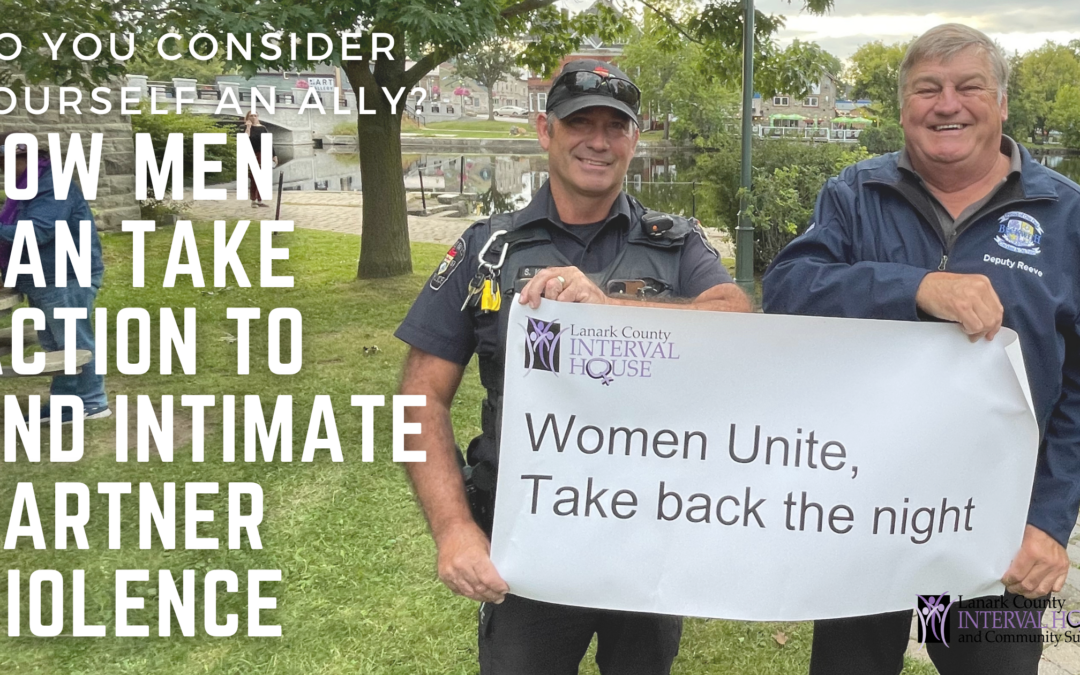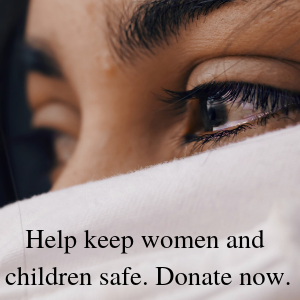Do you consider yourself an ally to women and gender-diverse individuals? Are you a man who wants to be an ally but isn’t sure how to take meaningful action? Intimate partner violence (IPV) is not just a women’s issue. It is a societal crisis that affects entire communities, regardless of gender. While women, gender-diverse individuals, and children are disproportionately affected, the responsibility to end IPV does not rest on their shoulders alone. Too often, women are expected to educate men on the issues they face—on violence, discrimination, and patriarchal systems. But the truth is, this is not their burden to bear. Ending IPV requires the commitment and active involvement of everyone, particularly men.
Men need to take initiative, educate themselves, and step up as allies in the fight against IPV. While we have incredible male supporters—volunteers, frequent donors, and those who assist with logistics and infrastructure—we need more. More men showing up, more men advocating, more men recognizing that violence and oppression affect all of us.
How You Can Be an Ally in Ending IPV
If you’re wondering how to take meaningful action, here are some ways to engage in the fight to end IPV:
- Start conversations. Talk to your family, friends, and colleagues about the realities of gender-based violence, particularly the unique challenges faced by women, Two-Spirit, and gender-diverse individuals.
- Educate yourself. Learn about femicide, the levels of violence in your community, and the specific challenges faced by Indigenous people, people of color, those with disabilities, and 2SLGBTQIA+ individuals.
- Attend events. Show up for marches, rallies, and awareness events that support local anti-violence initiatives.
- Support anti-violence organizations. Consider hosting a third-party fundraiser or becoming a monthly donor to shelters and advocacy groups.
- Amplify campaigns and resources. Share information on social media about local campaigns such as the ‘See It, Name It, Change It’ campaign or the Five D’s of bystander intervention.
- Challenge harmful narratives. Speak up when you hear misogynistic or victim-blaming language or dismissive attitudes toward gender-based violence.
- Volunteer your time. Contact your local anti-violence agency to see how you can assist—whether it’s driving survivors to safety, offering practical support, or helping with events.
- Organize donation drives. Collect essential items like old cell phones, hygiene products, or clothing for those escaping violence.
-
Participate in symbolic actions such as attending marches, joining the Moose Hide Campaign, and visibly supporting survivors in your community.
- Publicly declare your stance. Make it clear where you stand on the issue of IPV. Your voice matters.
Men as Active Allies
Men’s involvement in this movement is powerful. In the past, men were not allowed to march in Take Back the Night events; later, they were encouraged to stand in solidarity on sidewalks. Today, men are invited to march alongside survivors, sending a strong message that IPV is everyone’s issue.
All of our events—except for Violet Femmes—are open to all genders, and men have traditionally volunteered at Violet Femmes as well. We welcome and encourage men to take part in this movement. While it’s true that men are the primary perpetrators of gender-based violence, it is equally true that not all men are abusers. The more men actively support and participate in anti-violence efforts, the stronger our communities become.
The Time to Act is Now
Ending IPV is not just about helping victims—it’s about dismantling the systems that allow violence to persist in the first place. It’s about recognizing that gender-based violence is rooted in deep-seated social norms that must be challenged. And it’s about understanding that when we work to end violence, we create safer, healthier communities for everyone.
If you consider yourself an ally, now is the time to take action. Educate yourself, show up, and make your voice heard. Men, your involvement is not just appreciated—it is necessary. The fight to end IPV is a collective responsibility, and together, we can make a difference.


